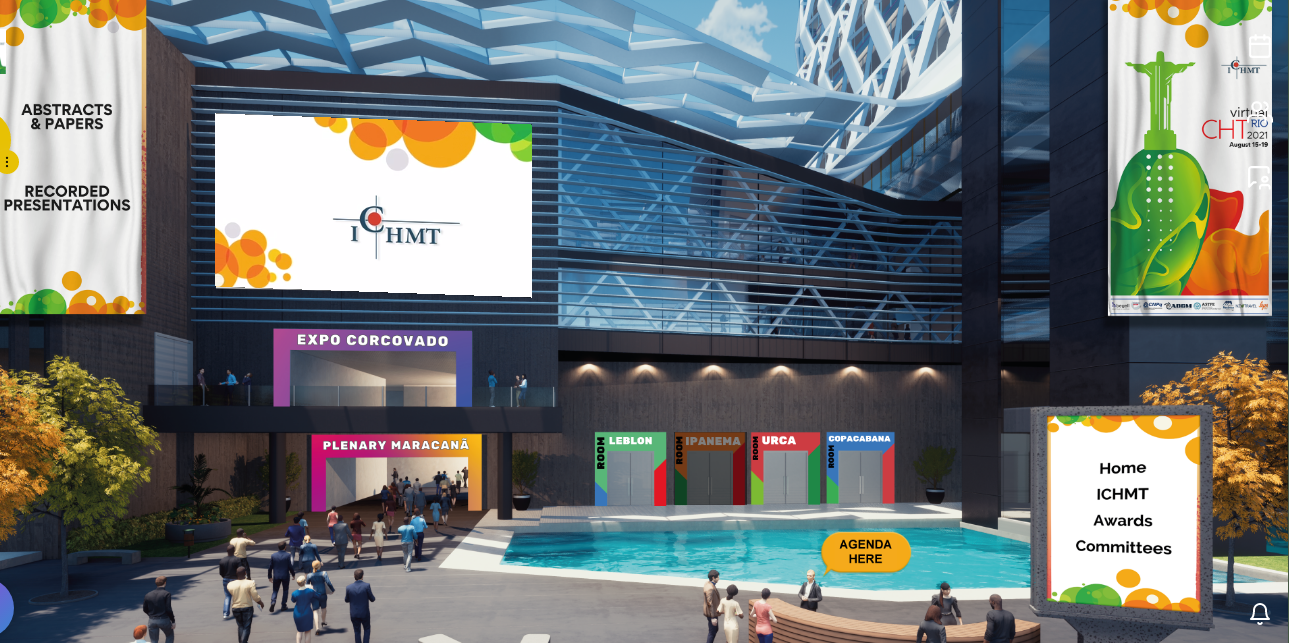CHT-21
Due to the current situation of the COVID-19 pandemic around the world, the 8th International Symposium on ADVANCES IN COMPUTATIONAL HEAT TRANSFER – CHT-21 will be held in a full online format, during August 15 – 19, 2021.
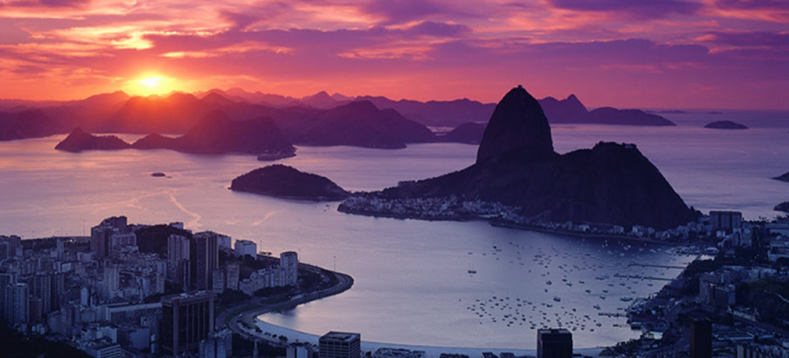
Source: Rio Convention & Visitors Bureau, http://rcvb.com.br/
OBJECTIVE
The goal of the symposium is to provide a forum for the exchange of ideas, methods and results in computational heat transfer. Fundamental and applied papers will be welcome.
Topics will include but are not limited to:
|
|
SCIENTIFIC PROGRAMME
The scientific programme will consist of invited plenary and keynote lectures presented by internationally recognized researchers, contributed papers and panel discussions. In addition, an Open Forum session will give authors an opportunity to present new work or work in progress, which is not yet ready for review. Presentations on future directions or neglected problems in CHT will be particularly welcome. The G. de Vahl Davis Best Paper Award will be presented to the authors of the paper judged to be the best at the symposium.
ORGANIZERS AND SPONSORS
- ICHMT - International Centre for Heat and Mass Transfer
- ABCM - Brazilian Society of Mechanical Engineering and Sciences
- Department of Mechanical Engineering, Politecnica/COPPE, Federal University of Rio de Janeiro
- Department of Mechanical Engineering, Rutgers University
- CAPES - Brazilian Foundation for the Advancement of Graduate Studies
- CNPq - Brazilian Council for Scientific and Technological Development
- FAPERJ - Foundation for Research Development of the State of Rio de Janeiro
- ASTFE - American Society of Thermal and Fluids Engineers
VIRTUAL CONFERENCE CENTER
Registered participants can access the Virtual Conference Center of the CHT-21 Symposium by clicking here.
If you have any problem logging into the Virtual Conference Center, please send an email message to atendimento@nztravel.tur.br.
Please be aware that the Agenda of the Virtual Conference Center might automatically adjust times to your time zone. Therefore, be careful with your schedule for participation in the CHT-21 Symposium.
In the CHT-21 Symposium Program available here, all times are GMT-3 (Rio de Janeiro time).
REGISTRATION
- At least one author needs to be registered by July 02, 2021 for the paper to be included in the Symposium Program and be available online in the Symposium website.
- Each registered participant can present only one paper.
- Student registration will be subject to proof of status.
|
Registration Fees in US Dollars |
|||
|
Registration Type |
Before July 02, 2021 |
After July 02, 2021 |
|
|
Conference |
Professionals |
$200 |
$300 |
|
Students |
$100 |
$150 |
|
|
Conference and Short Course |
Professionals |
$300 |
$450 |
|
Students |
$150 |
$250 |
|
|
Short course only |
$400 |
$500 |
|
Early registration fees (conference only) for Brazilian participants affiliated with ABCM – Brazilian Society of Mechanical Engineering and Sciences are as follows: R$600 (Professionals) and R$200 (Students) .
PAYMENT
- Payments will be processed by ABCM – Brazilian Society of Mechanical Engineering and Sciences (Associação Brasileira de Engenharia e Ciências Mecânicas).
- You can pay the registration fee either by PayPal or by bank transfer to ABCM´s checking account in Brazil, by following the instructions provided below.
- In the case of cancellation after the payment, the registration fee will be reimbursed but $100 US Dollars will be deducted as a cancellation fee.
- If you have any questions or need special assistance, please send an email to the Symposium Treasurer, Prof. Cesar Pacheco, at: cesarp@id.uff.br.
- Payment by PayPal:
Your registration fee can be paid by PayPal to ABCM – Associação Brasileira de Engenharia e Ciências Mecânicas, email address abcm@abcm.org.br.
1.1. In your PayPal account, use the link “Send & Request” and send your payment to: abcm@abcm.org.br (see figure below).

1.2. After pressing “Next” (see figure above), you will be directed to a page where you need to select the currency (USD, for US Dollars) and include the amount to be paid.
1.3. On this page, in the field available to add a note, include the following text: Registration fee for CHT-21: YOUR NAME. This note will be used to identify the payment of your registration fee (see figure below).
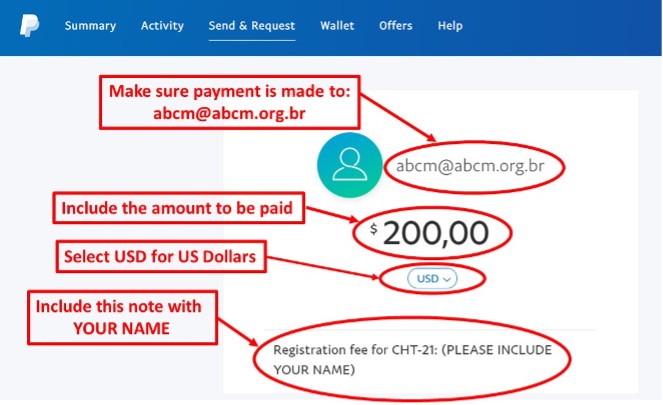
- Payment by Bank Transfer:
Your registration fee can be paid by bank transfer to ABCM – Associação Brasileira de Engenharia e Ciências Mecânicas. Details of the checking account for bank transfers are as follows:
BANCO DO BRASIL
SWIFT CODE: BRASBRRJBHE
IBAN: BR6700000000012510000435988C1
AGENCY NUMBER: 1251-3
AGENCY NAME: EMPRESA CARIOCA (RJ)
ACCOUNT NUMBER: 43.598-8
ACCOUNT OWNER: Associação Brasileira de Engenharia e Ciências Mecânicas
CNPJ: 83.431.593/0001-78
Please click here for the registration form.
Conference Chairs
| Professor Yogesh Jaluria Symposium Co-Chair Department of Mechanical Engineering Rutgers University 98 Brett Road,Piscataway, NJ 08854, USA Tel: +1 848 445 3652; +1 848 445 2248 Fax: +1 732 445 3124 Email: jaluria@soe.rutgers.edu |
Professor Helcio R. B. Orlande
Symposium Co-ChairDepartment of Mechanical Engineering Federal University of Rio de Janeiro, UFRJ
Cid. Universitaria, Cx. Postal: 68503
Rio de Janeiro, RJ, 21941-972, Brazil
Tel: +55 21 3938 8405, Fax: +55 21 3938 8383
Email: helcio@mecanica.coppe.ufrj.br |
Conference Secretary
Professor İlker Tari
Mechanical Engineering Department
Middle East Technical University
06800 Ankara, Turkey
Tel: +90 312-210-2551
E-mail: ilker@ichmt.org
Local Organizing Committee
| Luiz Abreu (UERJ) | Bruna Loiola (IME-RJ) |
| Leonardo Alves (UFF) | Carolina Naveira-Cotta (COPPE/UFRJ) |
| Marcelo Colaco (COPPE/UFRJ) | Cesar Pacheco (UFF) |
| Gustavo Dos Anjos (COPPE/UFRJ) | Leandro Sphaier (UFF) |
| Su Jian (COPPE/UFRJ) |
INTERNATIONAL SCIENTIFIC COMMITTEE
|
Aki Runchal (USA) Alain Kassab (USA) Aleksey Nenarokomov (RUSSIA) Andrzej J. Nowak (POLAND) Angela Nieckele (BRAZIL) Bantwal R. Baliga (CANADA) Bengt Sunden (SWEDEN) Božidar Šarler (SLOVENIA) Carlos J. S. Alves (PORTUGAL) C. Balaji (INDIA) Charl G. Jat Du Toit (SOUTH AFRICA) Cristina Amon (CANADA) Darrell Pepper (USA) Denis Maillet (FRANCE) Dimos Poulikakos (SWITZERLAND) Dominic Groulx (CANADA) Fabio Bozolli (ITALY) Gautam Biswas (INDIA) Gennady Ziskind (ISRAEL) George Dulikravich (USA) Gherhardt Ribatski (BRAZIL) Hiroshi Iwai (JAPAN) Jari Kaipio (NEW ZEALAND) J. Padet (FRANCE) Jean-Francois Sacadura (FRANCE) Jean-Luc Battaglia (FRANCE) John Chai (UK) José L. Lage (USA) Josua Meyer (SOUTH AFRICA) Kazuya Tatsumi (JAPAN) L.Q. Wang (HONG KONG) |
Leonid Dombrovsky (RUSSIA) Liliane Barichello (BRAZIL) Luiz Wrobel (BRAZIL) Masahiko Shibahara (JAPAN) Mourad Rebay (FRANCE) M. Pinar Menguc (TURKEY) Neima Brauner (ISRAEL) Oronzio Manca (ITALY) Perumal Nithiarasu (UK) Paolo Di Marco (ITALY) Pedro J. M. Coelho (PORTUGAL) Peter Stephan (GERMANY) Philippe Le Masson (FRANCE) Q. Wang (CHINA) Renato Cotta (BRAZIL) Ryszard Bialecki (POLAND) S. A. Sherif (USA) S. P. Vanka (USA) Sadik Kakac (TURKEY) Sara Rainieri (ITALY) Sumanta Acharya (USA) Stavroula Balabani (UK) Sung Jin Kim (KOREA) Tatiana Gambaryan-Roisman (GERMANY) Ulrich Gross(GERMANY) Victoria Timchenko (AUSTRALIA) Wei Shyy (HONG KONG) Wilson Chiu (USA) Yildiz Bayazitoglu (USA) Ville Kolehmainen (FINLAND)
|
BOOK OF ABSTRACTS
- For the book of abstracts please click here.
 |
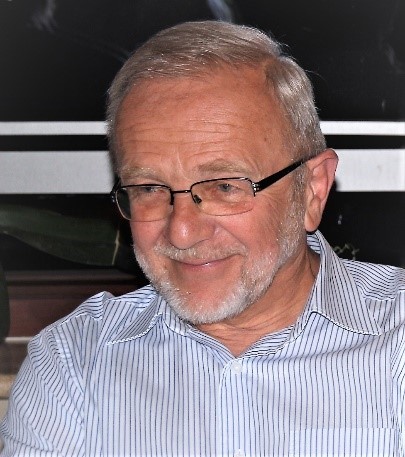 |
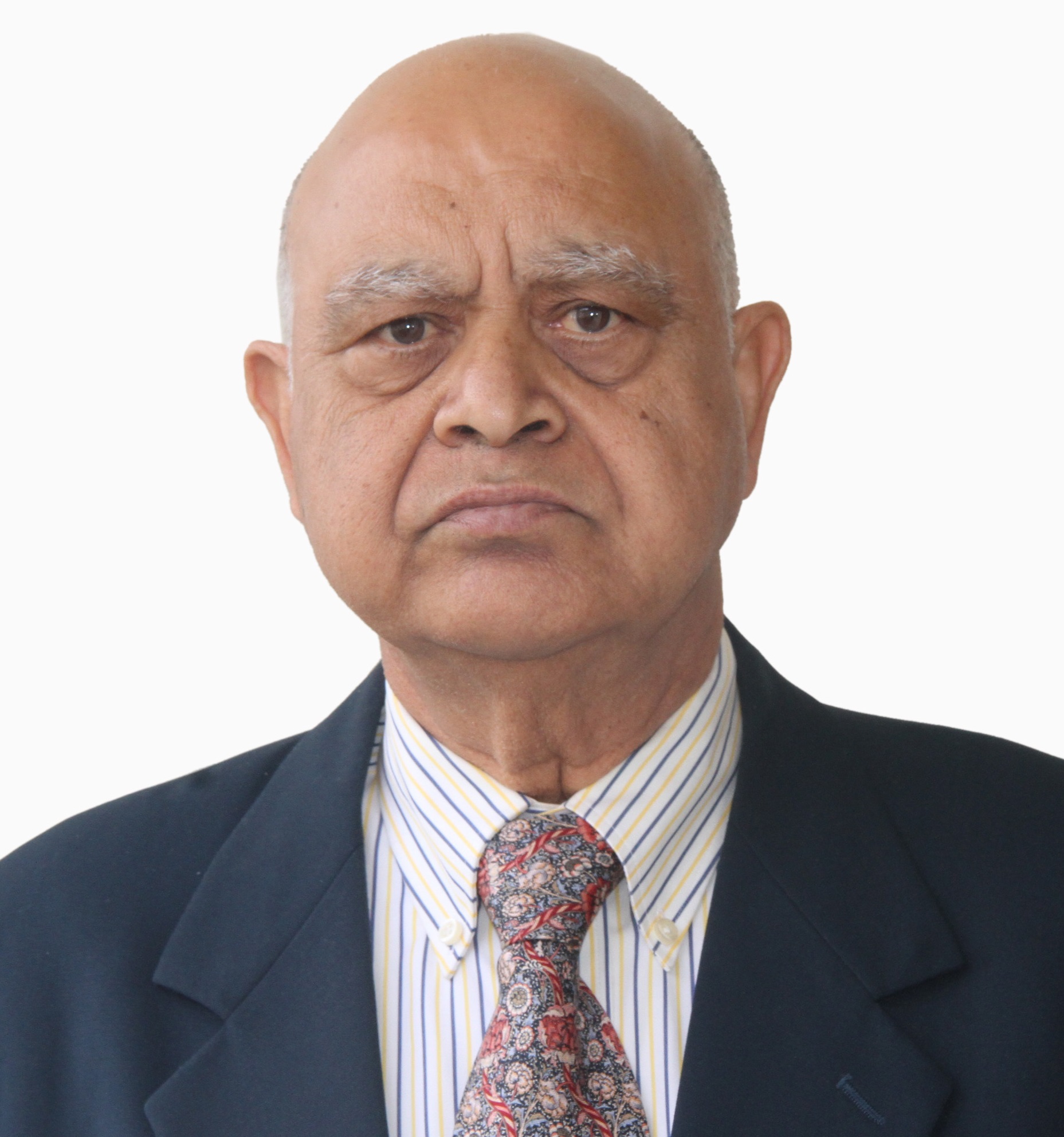 |
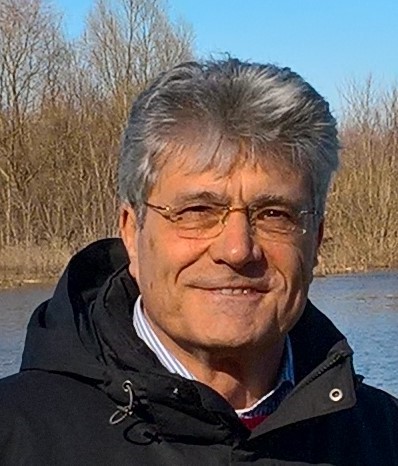 |
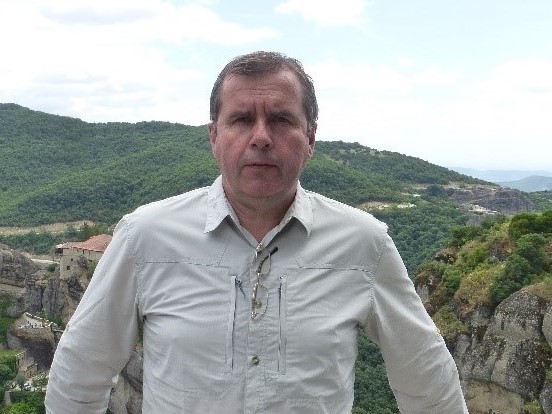 |
|
Abdulmajeed Mohamad |
Andrzej Nowak |
Akshai K.Runchal |
Oronzio Manca |
Aleksey Nenarokomov |
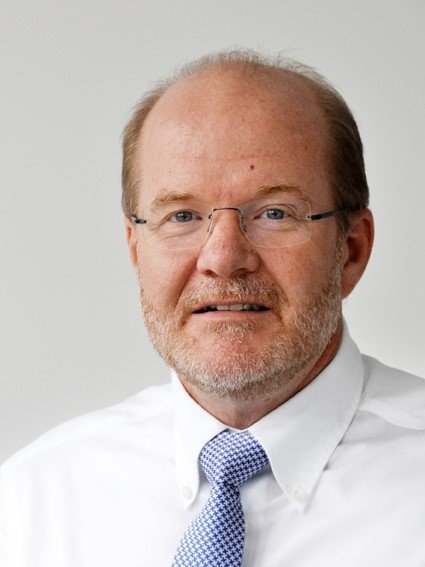 |
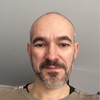 |
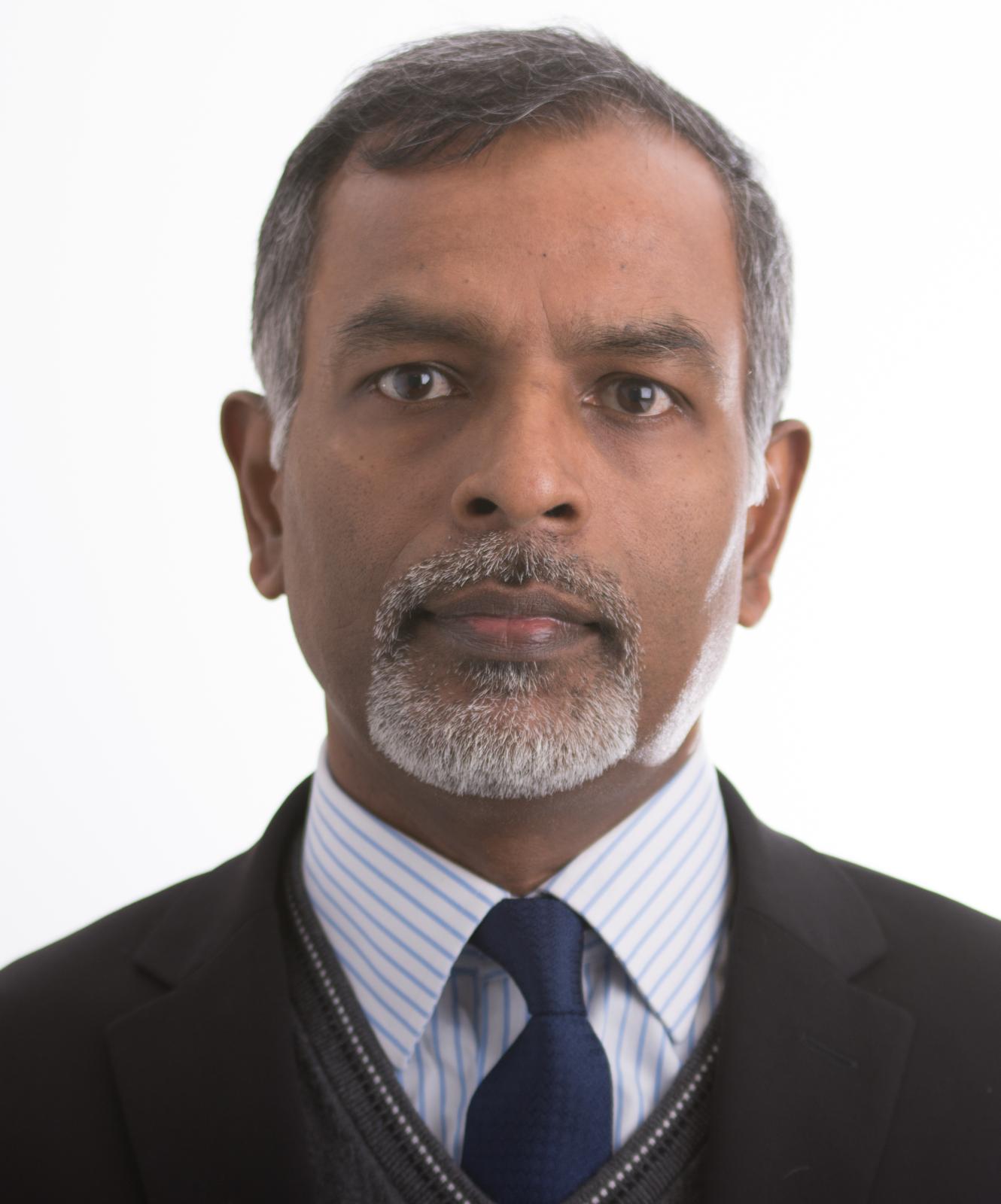 |
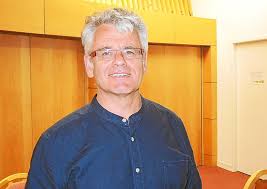 |
|
Peter Stephan |
Jean-Luc Battaglia |
Perumal Nithiarasu |
Philippe Le Masson |
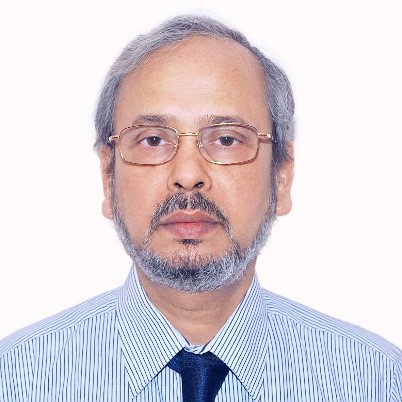 |
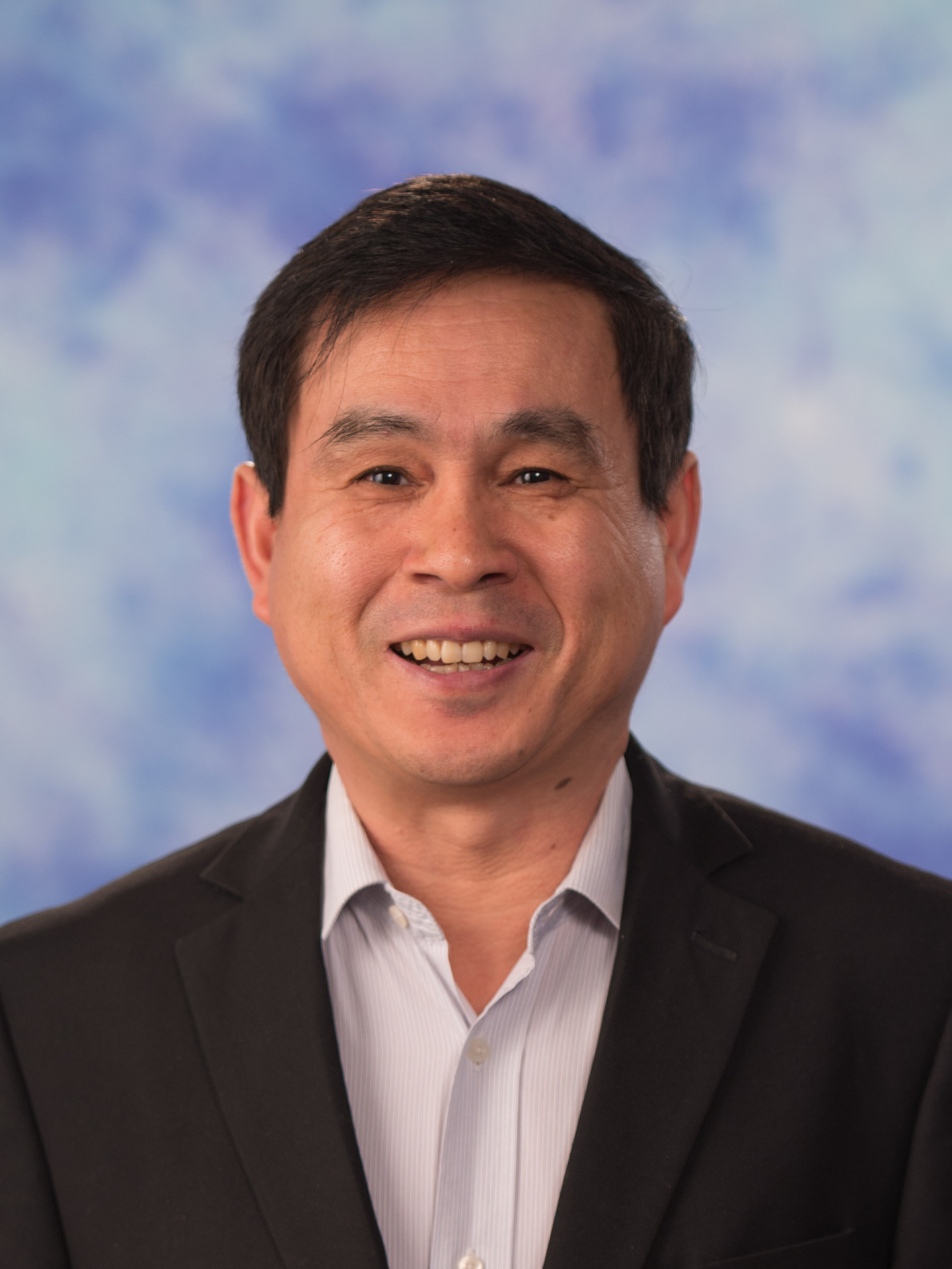 |
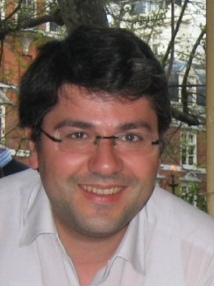 |
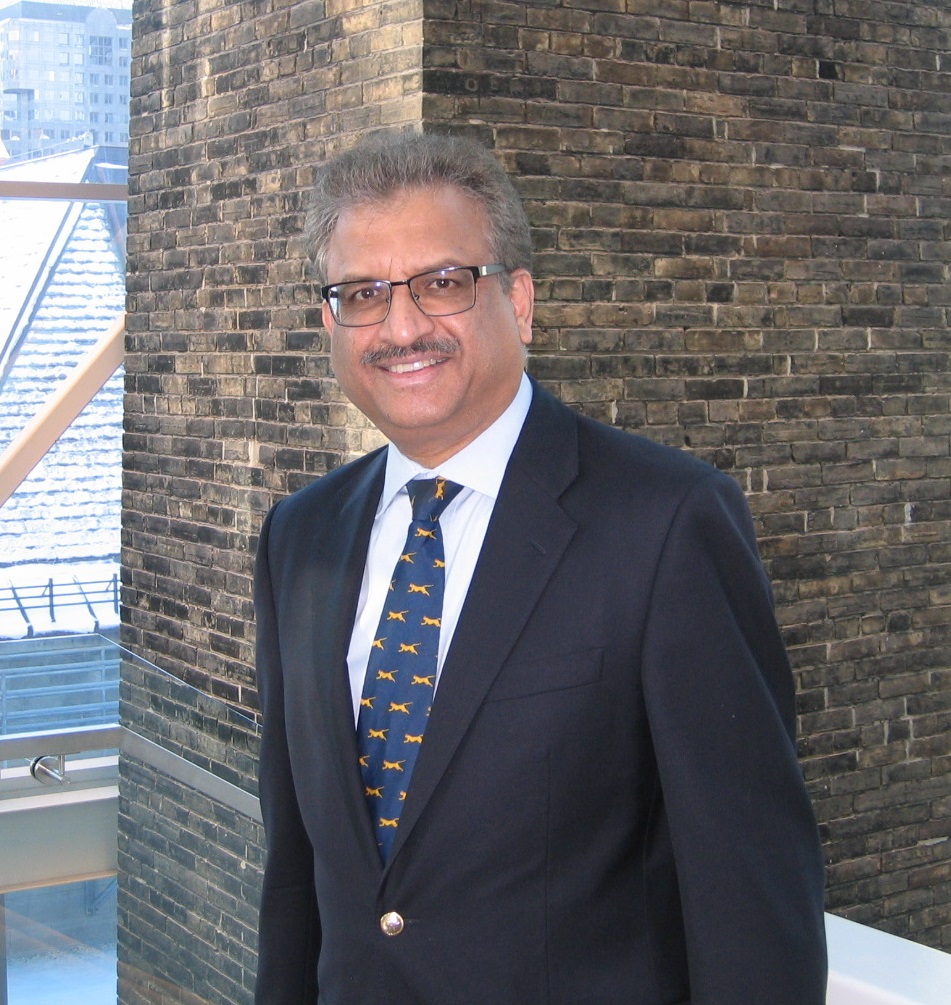 |
|
Gautam Biswas |
L. Q. “Rick” Wang |
George Papadakis |
Bantwal R. (Rabi) Baliga |
PLENARY LECTURES
-
Lattice boltzmann method for multi-phase flows
Abdulmajeed Mohamad
The University of Calgary, Canada
-
Advances in experimental and computational analysis of the neonate’s brain cooling process
Andrzej Nowak
Silesian University of Technology, Poland
-
Past, Present and Future of CFD
Akshai K. Runchal & Madhukar M. Rao
CFD Virtual Reality Institute
-
Pore scale analysis of thermal and fluid dynamics behaviors in open metal foams
Oronzio Manca
Università degli Studi della Campania "Luigi Vanvitelli", Italy
-
Computational methods of design and identification of thermal protection of spacecraft
Aleksey Nenarokomov
Moscow Aviation Institute, Russia
-
Mutual interactions of evaporative heat transfer phenomena and wetting phenomena: numerical simulation and experimental validation
Peter Stephan
Technische Universität Darmstadt, Germany
-
Gautam Biswas
Indian Institute of Technology Kanpur, India
-
Nonlinear computation: future of numerical simulation
L. Q. “Rick” Wang
The University of Hong Kong, Hong Kong
-
Inverse methods in heat transfer through modelling and machine learning
Perumal Nithiarasu
Swansea University Bay Campus, Swansea SA1 8EN, UK
-
Philippe Le Masson
Université Bretagne Sud, France
-
Jean-Luc Battaglia
Université Bordeaux 1, France
-
George Papadakis
Imperial College London, UK
-
Cost-Effective Approaches to Predictions of Thermofluid Phenomena in Engineering Systems
Bantwal R. (Rabi) Baliga
McGill University, Canada
CONFERENCE STATISTICS
| Abstracts Submitted | 216 |
| Papers Submitted | 107 |
| Papers Rejected | 8 |
| Papers in the Program | 90 |
| Presentations (Open Forum) | 15 |
| Participants | 140 |
| Countries | 25 |
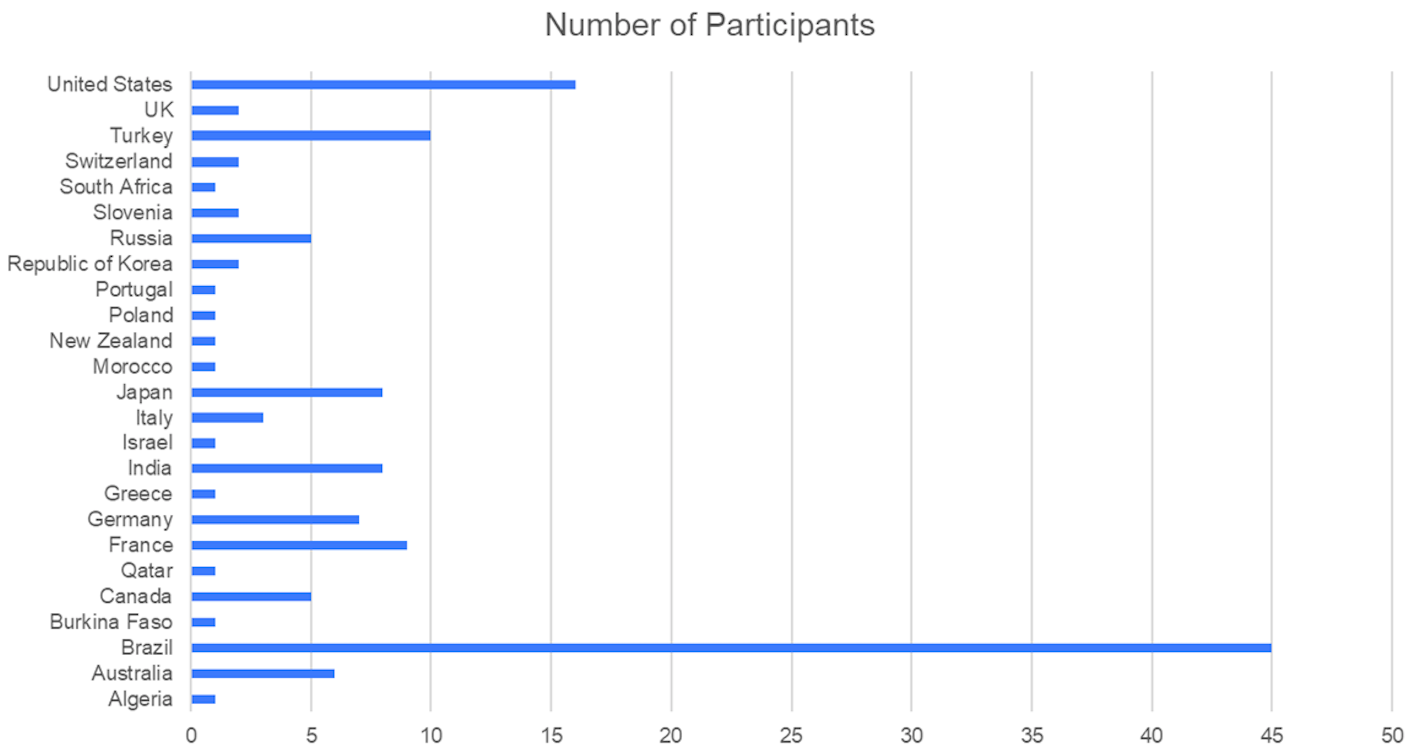
AWARDS
Graham de Vahl Davis Best Paper Award:
presented to Claudio Tucci, Macarena Trujillo, Enrique Berjano, Marcello Iasiello, Assunta Andreozzi and Giuseppe Peter Vanoli for their paper “Numerical analysis of radiofrequency ablation in a tumour tissue bounded by healthy tissue”
Best Paper Award for Session Dedicated to Professor Spalding;
presented to Surya P. Vanka, S. Shahane, A. Radhakrishnan, M. Xu, P. Kumar, N. Bartwal, A. Unnikrishnan, S. Roy and V. Narayanan for their paper “Development and applications of a high-order meshless method for fluid flow and heat transfer in complex domains”
Best Paper (Innovation) Award;
presented to Claudio Tucci, Macarena Trujillo, Enrique Berjano, Marcello Iasiello, Assunta Andreozzi and Giuseppe Peter Vanoli for their paper “Numerical analysis of radiofrequency ablation in a tumour tissue bounded by healthy tissue”
Best Paper Presentation (Innovation) Award;
presented to Ibrahim Jarrah, Sundar Namala and Rizwan-uddin for their paper “A comparison of two approaches to extend nodal integral methods for heat and mass transfer to arbitrary geometries”
Best Paper Presentation (Research) Award;
presented to Joao P. I. Souza and Gustavo R. Anjos for their paper “Particle-laden multiphase flows: A finite element analysis on biofuel particle emissions”
Best Paper (Research) Award;
presented to Arunim Bhattacharya and Pradip Majumdar for their paper “AI-Machine learning algorithms for the simulation of combustion thermal analysis”
Best Paper By a Young Researcher Award;
presented to Jan Kren, Blaz Mikuz and Iztok Tiselj for their paper “Numerical analysis of turbulent heat transfer in rectangular duct”
FINAL PROGRAM
- For the final program of the symposium please click here.
IMPORTANT DATES
| One page abstract due: | January 17, 2021 |
| Abstract acceptance: | January 24, 2021 |
| Full text of paper due: | March 21, 2021 |
| Paper acceptance subject to amendment: | April 19, 2021 |
| Abstracts for the Open Forum session due: | May 14, 2021 |
| Final paper due: | May 21, 2021 |
|
Early registration deadline and final payment date for presentation to be included in the Program
|
July 02, 2021 |
PRESENTATIONS & PUBLICATIONS - NEW
- At least one author needs to be registered by July 02, 2021 for the presentation to be included in the Symposium Program.
- All presentations will be previously recorded in order to avoid online transmission problems.
- The formats recommended for the recorded presentations are MP4 or MP5.
- Recorded presentations shall be limited to 20 minutes.
- During the CHT-21 Symposium, interaction of chairpersons, speakers and audience will be made via the online platform of the Virtual Conference Center, with access restricted to registered participants.
- In order to have your abstract, extended-abstract, full paper and presentation available online on the Symposium website, with access restricted to registered participants, you need to fill and submit the Authorization Form. Note that this is not a Copyright Transfer, but an authorization to make your work and presentation available to other participants on the Virtual Conference Center platform.
- The Authorization Form must also be used to submit your recorded presentation.
- Recorded presentations need to be submitted before July 23, 2021.
- Authors of full papers and extended abstracts also have the option of Copyright Transfer to Begell House Inc. In this case, their works will also be available in the Proceedings of the 8th International Symposium on Advances in Computational Heat Transfer, CHT-21 (Virtual) and in the ICHMT Digital Library (ICHMT DL). Access to these Proceedings and to ICHMT DL will be directly controlled by Begell House Inc. If you want to transfer the copyright of your work to Begell House Inc., you need to fill and sign the Transfer of Copyright Agreement and email it to: helcio@mecanica.coppe.ufrj.br.
- Authors of full papers effectively presented in the Symposium might be invited to submit their works for additional review and possible publication in special issues of the following journals: Heat Transfer Engineering and Computational Thermal Sciences. Restrictions may apply if you transfer the copyright of your work to Begell House Inc. for publication in the Proceedings of the 8th International Symposium on Advances in Computational Heat Transfer, CHT-21 (Virtual) and in the ICHMT Digital Library (ICHMT DL).
CHT-21
Introduction to Modern CFD
Dr. Akshai Kumar Runchal
CFD Virtual Reality Institute
Analytic & Computational Research, Inc.
1931 Stradella Road, Bel Air, California 90077, USA
runchal@ACRiCFD.com - https://www.ACRiCFD.com
Hour 1:
[1] What is CFD?
[2] Why do CFD?
[3] A brief history of CFD
[4] Introduction to the governing equations (1D integral form)
[a] Pictorial description of all the terms in a balance law
[b] What is flux ?
[c] What is a source ?
[d] What is a balance law ?
=============================================
Hour 2:
[5a] Introduction to the finite volume method
[a] 1D Heat Conduction
* treatment of diffusion term
* FVM flux balance
[b] Dirichlet bc
[c] Neumann bc
[d] Mixed bc
=============================================
Hour 3:
[5b] Introduction to the finite volume method
[a] Constant source
[b] variable conductivity / specific heat
[c] Non-linear problem: conductivity function of Temperature
Iterative convergence
When to stop iterating
Underrelaxation
Linear Solvers
[d] Numerical Accuracy and Grid convergence
Roach's GCI
=============================================
Hour 4:
[6] 1D Unsteady problems
[a] Explict scheme and numerical stability
[b] Implicit scheme
[7a] 1D conduction + convection / advection
Various convection schemes
[a] Central difference
[b] 1st order upwind
=============================================
Hour 5:
[7b] 1D conduction + convection / advection
Various convection schemes
[c] Hybrid
[d] Elementary concepts of higher order upwind schemes
[e] Elementary concepts of TVD, NVD.
=============================================
Hour 6:
[8] Determination of the flow field
[a] pressure velocity coupling
[b] staggered grid
[c] non-staggered grid
[d] The SIMPLE algorithm
[e] Boundary Conditions
[1] inlet / outlet (pressure specification vs velocity spec)
[2] Wall, Symmetry / slip-wall
[3] periodic (translational and rotational)
[4] Dirichlet / Neumann etc.
[f] Initial Conditions (for incompressible, div(U) = 0)
=============================================
Hour 7:
[9] Elementary concepts of Turbulent Flow and the need for Turbulence Models
[a] Overview of 2 equation models (k-e type and k-w type)
[b] Overview of Wall Treatment (yplus, near wall modeling etc.
[c] Transition models,
[d] Reynolds stress models
[e] LES
=============================================
Hour 8:
Future Trends
Impact of deep machine learning, physics-informed machine learning
Digital Twin.
Further Reading
Popular books
Visit cfdvrinstitute.org to enroll in CFD course with practical hands on training
PROFILE of Dr AKSHAI RUNCHAL
runchal@ACRiCFD.com ◙ +1 310 471 3023 ◙ +91 94 1822 0963
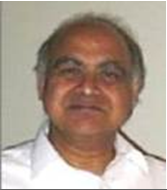 |
CEO & Founding Partner, ACRi Group (USA, France, India) MD & Founder, CFD Virtual Reality Inst., Dharamsala Member, Advisory Council, IIT Gandhinagar Ex-Chairman, IIT Kanpur Foundation Ex-Professor, IIT Kanpur, Imperial College (London) Adjunct: UCLA (Los Angeles), Cal Tech |
Dr. Akshai K. Runchal obtained his Ph.D. in 1969 from Imperial College (London) under the guidance of Prof. D, B. Spalding. He was a key member of the 3-person team led by Spalding that invented the Finite Volume Method (FVM) of Fluid Dynamics (CFD) in mid 1960's. He started his professional career as a faculty member at IIT Kanpur in 1969. Since then he has taught as regular or adjunct faculty at a number of leading institutes including IIT(Kanpur), Imperial College (London), University of California (Los Angeles), Cal Tech (Pasadena), and Cal State (Northridge). In 1979, Dr. Runchal established the ACRi group of companies (www.acricfd.com) that now have offices in Los Angeles (USA), Nice (France) and Bangalore (India). Core expertise of ACRi Group is engineering, environmental and Space Sciences). Over the past 40 years. they have provided advanced technology and CFD Simulation services to a over 200 clients that include major corporations, R&D organizations, cities and governments in over 20 countries. In 2011, Dr. Runchal founded a non-profit CFD Virtual Reality Institute (www.CFDVRi.org) to further the cause of CFD education, training and R&D.
For the past 50 years, Dr Runchal, has consulted extensively on projects related to flow, heat and mass transfer, combustion, environmental impact, management of air, surface and ground water resources, safe disposal of hazardous and nuclear waste, and, policy and decision analysis. He is the principal author of the ANSWER®, PORFLOW®, TIDAL®, and RADM™ simulation models that are widely employed by commercial, academic and R&D organizations. He obtained a Bachelor's in Engineering with Honors from Punjab Engineering College (PEC, Chandigarh) in 1964. He is the author or co-author of 10 books and over 200 technical publications. He is a Fellow of the ASME and has served as Chairman of the IIT Kanpur Foundation Board. He has been a regular member of the IIT Gandhinagar Advisory Board since 2012. He has acted as an Advisor to DeitY (Government of India) and the Indian Army. He has been engaged in assisting a number of educational institutes in their R&D and Industrial Relations Programs. Dr. Runchal has received professional honors and awards and, has provided invited contributions at a number of international conferences and seminars.
Dr. Runchal grew up in the scenic hill town of McLeod Ganj, Dharamsala that is now on the world map as the hometown of His Holiness the Dalai Lama. Since 2006 he has been deeply engaged in reviving the lost heritage of Kangra Miniature Paintings through Kangra Arts Promotion Society – an NGO based in McLeod Ganj. He divides his time between Los Angeles and McLeod Ganj and is actively engaged in promoting education, training and R&D in CFD and related disciplines.
PUBLISHING YOUR RESEARCH
Swati Meherishi
Editorial Director-Applied Science and Engineering, Springer
In this particular Author Workshop Lecture, which is open to all CHT-21 participants, Swati Meherishi will speak briefly about publishing scientific content. This workshop has been devised specifically as a resource for young scientists and early career researchers on how to achieve publication success. Some of the key topics covered during this presentation are:
- Writing for International Journals: Structure, Style and Accuracy
How to structure a journal paper, what are the relevant sections, how should they be composed, dos and don’ts for each section, language tips when writing journal articles
- Selecting a Journal for your Manuscript,
What factors to consider when selecting a journal, how to find journals relevant to your topic area, what do journal editors look for in papers
- Peer Review and you
The peer review process, how does it work, timelines for review and publishing, what do peer reviewers look for, how to respond to review comments
- Publication Ethics
What are the ethical issues in publishing, plagiarism, self-plagiarism, ethical clearances, authorship disputes, how to treat data, where to get advice on ethics
- Open Access: The Buzzword of publishing
what is open access, benefits of open access, types of open access publishing
- Avoiding pitfalls
How to avoid predatory journals, what to do if a paper is rejected, tools and tips to avoid structure, language, and style errors
Brief Bio of Speaker
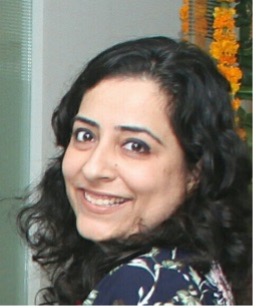
Swati Meherishi
Editorial Director-Applied Science and Engineering
Springer
Swati Meherishi is currently Editorial Director at Springer Nature. Since January 2019, she leads the Applied Sciences and Engineering books program in the Asia Pacific region. Prior to this, Swati has been instrumental in developing Springer’s physical sciences books and journals program in the Indian Subcontinent. She is the recipient of a special contribution award from the Indian Institute of Metals for her work on their flagship journal Transactions of the Indian Institute of Metals.
Swati’s book portfolio at Springer comprises books across all domains of engineering and applied science, with a special focus on civil and geotechnical engineering. She has successfully launched several new book partnerships with prestigious organizations.
Swati holds degrees in Physics and Philosophy from the prestigious St. Stephen’s College in Delhi. She has an extensive experience publishing engineering content across two continents. Prior to Springer, Swati has managed key engineering textbook portfolios in both India and the United States.
Swati is a member of the Materials Research Society (MRS), Institute of Electrical and Electronics Engineers (IEEE), and the American Institute of Chemical Engineers (AIChE). In her free time she teaches technical communications courses to graduate students. Swati is also involved in initiatives related to the Sustainable Development Goals, the state of engineering education, and women in engineering and STM.
WEBPAGE: http://www.springer.com/engineering/engineering+contacts?SGWID=0-40513-19-1435347-0
LINKEDIN : https://www.linkedin.com/in/swatimeherishi (Follow requests only on Linkedin)
GENERAL INFORMATION ABOUT ICHMT
The International Centre for Heat and Mass Transfer (ICHMT) is an international, professional, non-governmental, non-profit organization. The general objective of the Centre is to promote and to foster international cooperation in the science of heat and mass transfer and its applications. Its secretariat is located at the Mechanical Engineering Department of Middle East Technical University (METU).
 |
The first meeting of the International Centre for Heat and Mass Transfer (ICHMT) was held in Herceg Novi, Yugoslavia, on September 16, 1968, during the International Seminar on Heat and Mass Transfer in Turbulent Boundary Layers, organized by the Boris Kidric at the Institute of Nuclear Sciences in Belgrade. This meeting was the culmination of activities initiated by a group of leading scientists in the field from different countries. These activities resulted from a long felt need to create an international organization in the fast growing field of heat and mass transfer. Some of the most prominent names in the field who were involved in the founding and creation of the Centre were: E.A. Brun, E.R.G. Eckert, U. Grigull, J.P. Hartnett, T.F. Irvine, Jr., S.S. Kutateladze, A.V. Luikov, W.M. Rohsenow, D.B. Spalding, and M.A. Styrikovich. The active participation and efforts of D. Velickovic, Z. Zaric and N. Afgan from the Serbian Academy of Sciences and the Boris Kidric Institute of Nuclear Sciences in Belgrade made the founding of the Centre possible. |  |
|
|
The leadership and initiatives of Professor Zoran Zaric and later Professor Naim Afgan made the Centre grow and reach maturity over the years and become a well-known organizer of meetings and other activities with high prestige among scientists and researchers in the field of heat and mass transfer. The meetings have served as a means of conveying and transferring scientific knowledge, technical know-how, and cultural values. The Centre's many publications have become among the most sought after collections of scientific literature in the field. |
The Secretariat of the Centre remained in Belgrade for almost 24 years and traditionally organized one seminar and one symposium a year, usually in Dubrovnik, Yugoslavia, until early 1990s when the start of the political turmoil in former Yugoslavia unavoidably hampered the functioning of the Secretariat. The Executive Committee of the Centre started looking for a new home for the Secretariat of the Centre.
 |
Professor Sadik Kakac, a member of the Scientific Council representing Turkey, with the encouragement of Professor Yasuo Mori, the President of ICHMT, and Professor Franz Mayinger, the Chairman of the Executive Committee, contacted Professor Kemal Guruz, Head of TUBITAK (Scientific and Technical Reaserach Council of Turkey), and Professor Suha Sevuk, President of METU (Middle East Technical University in Ankara, Turkey), and urged them to prepare a joint proposal. These efforts took more than a year. In September 1992, the proposals from institutions in seven countries were examined at an Executive Committee meeting in Rome, and it was decided, with a majority vote, that the joint proposal of METU and TUBITAK, could provide the best financial and administrative support to the Centre. Since January 1993, the Centre has restarted its activities in its new home, the Middle East Technical University in Ankara, Turkey, under the joint auspices of these institutions, METU and TUBITAK. |
| The Statutes and the By-Laws of the Centre were revised, partly in response to the move to Turkey. At the meetings of the General Assembly and of the Scientific Council in Brighton, England in August, 1994, Professor Faruk Arinç, a faculty member at the Department of Mechanical Engineering of METU, was elected as the new Secretary General of the Centre. He was re-elected to this office at the succeeding Scientific Council meetings held in every four years during International Heat Tranfer Conferences (IHTC). |  |
 |
The new Secretariat working under the new rules with renewed enthusiasm and support of the Executive Committee as well as the two standing sponsors of the Centre in Turkey, organized highly successful meetings since 1994, and sponsored many others elsewhere. The venues of the meetings in Turkey were chosen to be five-star hotels on the Aegean or Mediterranean coast, providing excellent settings for scientific as well as social gathering of all attendees and spouses. ICHMT also organizes meetings in countries other than Turkey, chaired by prominent researchers in the field. The traditional activity of ICHMT is organization the International Symposia and Seminars. These meetings have been always met with increasing interest by the scientific, technical and industrial communities. The general scope of the meetings has always been designed with the aim of active promotion of interesting scientific work and achievements at high technical levels. |
The Centre has published over 80 Proceedings on various specific aspects of heat and mass transfer. Each proceeding is related to a meeting of the Centre. International participation in the meetings is always a major aim. The total number of participants in the meetings of ICHMT since 1968 has been over 5000, coming from over 60 different countries.
 |
In order to promote the international activities of the Centre and reach as many scientists and researchers as possible in the field, the Centre signed a publication agreement with the publisher, Begell House, Inc., in 1994, since when Begell House has been printing and distributing the scientific work of ICHMT. In addition, the Proceedings of the Biotransport-98, Plasma-99, Turbine-2000 and Vim-2001 symposia were published in the Annals of New York Academy of Sciences (NYAS) in accordance with a separate agreement signed between the Centre and the Academy. In June 2006, the agreement between ICHMT and Begell House, Inc. was renewed and expanded to include the creation of an ICHMT Digital Library Online (http://dl.begellhouse.com/references/1bb331655c289a0a.html). |
As emphasized in our Mission Statement, the Centre aims not only to provide attractive meeting occasions for all scientists active in the field, but also to foster international exchange of science and engineering in all branches of heat and mass transfer through the promotion of research, education, and the exchange of personnel. With this purpose of existence in mind, the Centre aims to be a reliable and state-of-the-art source of information in all its publications, and to create the means for generating international synergy, enthusiasm, and motivation among the scientists and researchers that will lead to new ideas, procedures, products, and standards to improve productivity and efficiency and to promote living in a cleaner environment.
The membership in the Centre is open to all non-governmental, non-profit, national and international organizations working in the field of heat and mass transfer. The number of member institutions of the Centre is now over 40 from 30 different countries.
One activity initiated by the Secretariat of the Centre in 1994 was the creation of the ICHMT Home Page on the Internet. This site is constantly updated, and has now grown to a significant size. It is being accessed by scientists all over the world.

